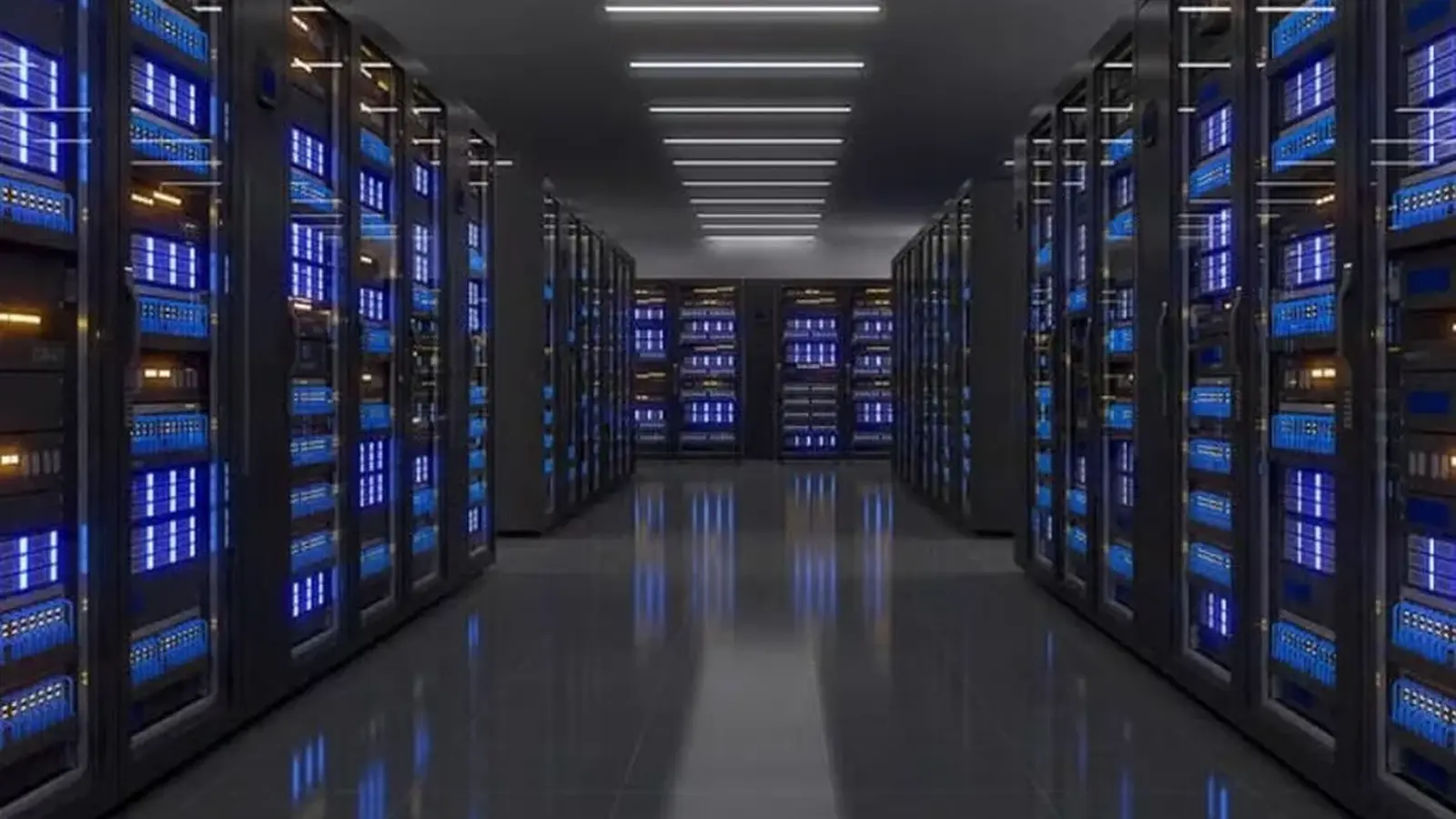3 Minutes
Data centers powering today's AI boom are voracious energy consumers — and a new system called FCI promises to tame that appetite. Researchers say this AI-driven scheduler can cut carbon emissions dramatically while helping servers last longer.
AI that thinks about carbon, not just compute
Federated Carbon Intelligence (FCI) is a smart orchestration layer that analyzes environmental data and real-time server health to decide where AI tasks should run. Instead of sending every job to the fastest machine, FCI routes workloads to the most appropriate servers — those that are cooler, less worn, or powered by cleaner electricity at that moment.
Imagine shifting non-urgent training or inference jobs to slightly older but cooler servers during low-carbon electricity windows. That simple change reduces the need for aggressive cooling and prevents over-stressing newer machines. The result: lower energy use, reduced water consumption for cooling, and fewer premature hardware replacements.

Big numbers from simulations — and why they matter
Researchers at the University of California report that simulations of FCI show up to a 45% reduction in data-center CO2 emissions over five years and an average increase of 1.6 years in server operational life. Mihri Ozkan, a sustainability and data-center energy researcher, notes that relying solely on clean energy is not enough — hardware ages, heats, and loses efficiency, creating a hidden carbon cost that FCI helps mitigate.
How FCI works in practice
- Continuous monitoring: FCI collects live metrics on server age, temperature, and wear.
- Carbon-aware scheduling: It factors in the carbon intensity of the local grid and current workload priorities.
- Adaptive routing: Jobs are dynamically placed to reduce stress on vulnerable machines and exploit low-carbon windows.
Because it coordinates existing components rather than demanding new hardware, FCI can be rolled out with software-level integrations into cloud platforms and on-prem deployments. The research team plans real-world trials with cloud providers to validate the simulated gains under production loads.
Why extended server life helps the planet
Replacing failed or obsolete servers has a clear financial cost — but it also carries a substantial carbon footprint from manufacturing and transport. By slowing wear and preventing overheating, FCI reduces replacement frequency, lowering that embedded carbon and improving long-term data-center sustainability.
As demand for AI continues to surge, approaches like FCI that combine operational intelligence with environmental awareness could become an essential tool in the industry's carbon-reduction playbook. Could smarter scheduling be the low-hanging fruit for greener AI? The early evidence suggests yes.


Leave a Comment